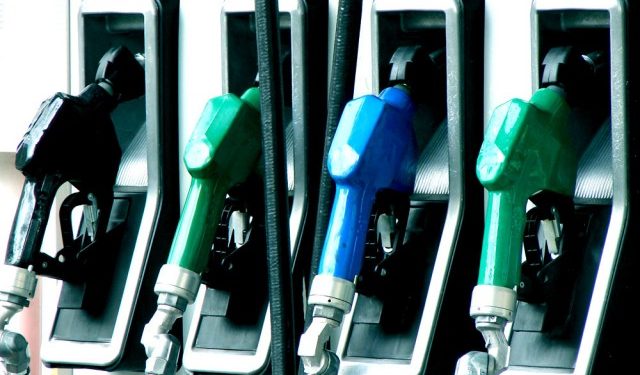Despite complaining about the high public debt levels, Kenyans are opposed to the fuel tax levy that could contribute to the reduction of this debt. The upcoming tax on fuel to be implemented on September 1 has caused an uproar nationwide as consumers express their distress at the financial strain such a move could make.
Introduced under the Finance Bill 2018, the proposed 16 per cent Value Added Tax on fuel is part of a wider plan to meet budget deficits, reduce debts, and increase revenues. The proposal is also in line with a promise made to the IMF two years ago. The organisation is one of Kenya’s largest lenders.
However, this tax might not be implemented if Parliament extends the implementation to September 2020. Suna East MP Junet Mohammed has made a proposal to have Kenyans saved from the burden of the fuel tax with the aim of avoiding the increased cost of living on Kenyans.
“Kenyans are going through tough times and it is only fair that we suspend the implementation of this VAT until the right time,” he said.
VAT on Petroleum Products
VAT on petroleum products such as petrol, kerosene, and diesel was first introduced in 2013 through the VAT Act with a three-year grace period. That means the tax should have been implemented in 2016 but was extended to September 2018.
The Finance Committee chaired by Mohammed now wants the committee of the entire National Assembly to change clause 18 to read that implementation of the tax will take effect in September 2020. According to the MPs, the extension will allow Kenyans “to deal with harsh economic times.”
Possible Outcomes
If the VAT on fuel is implemented, the Matatu Owners Association has said it will increase fares by 30 per cent while the Central Organisation of Trade Union Secretary General Francis Atwoli has issued threats to advocate for a nationwide strike.




